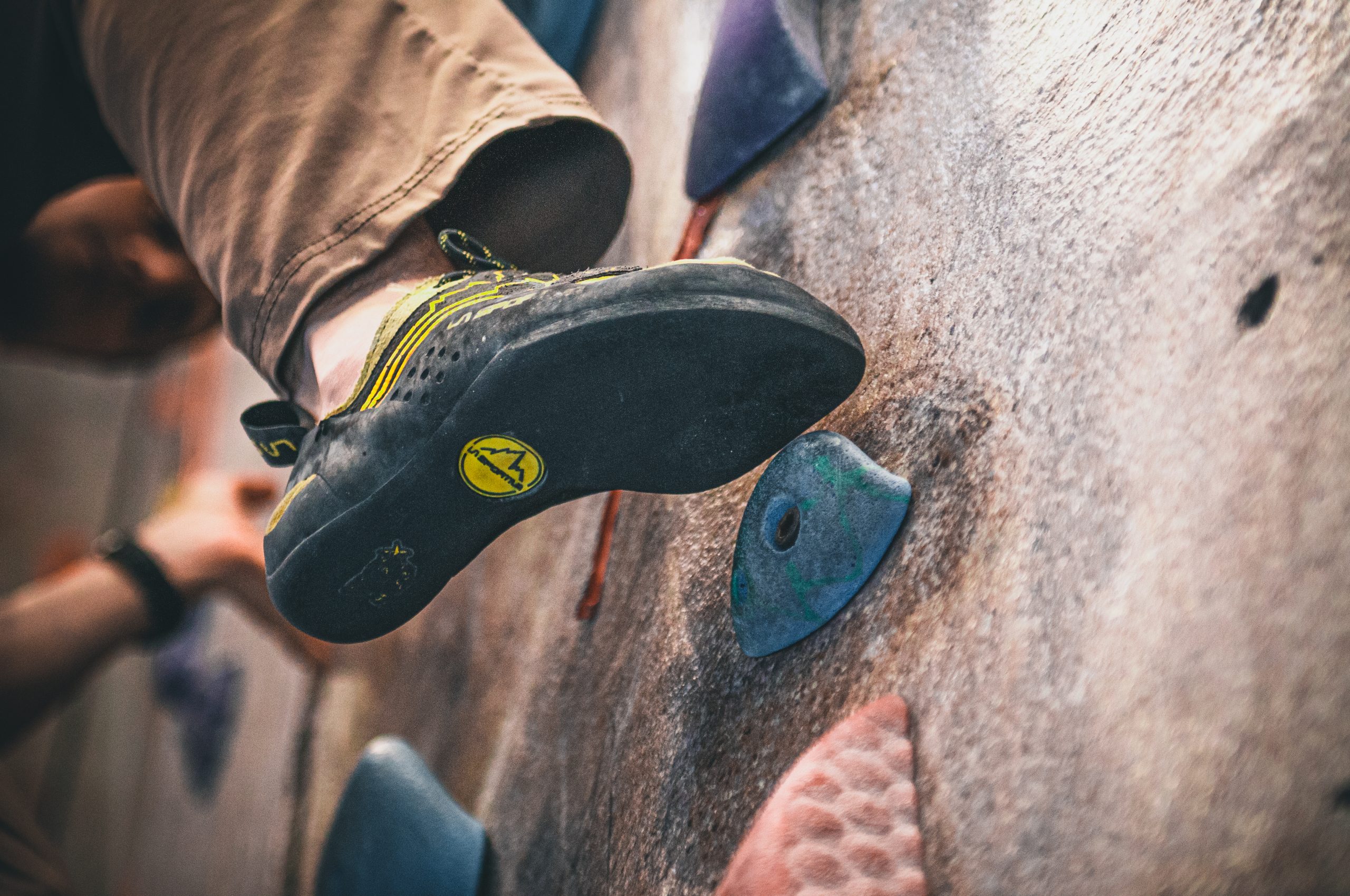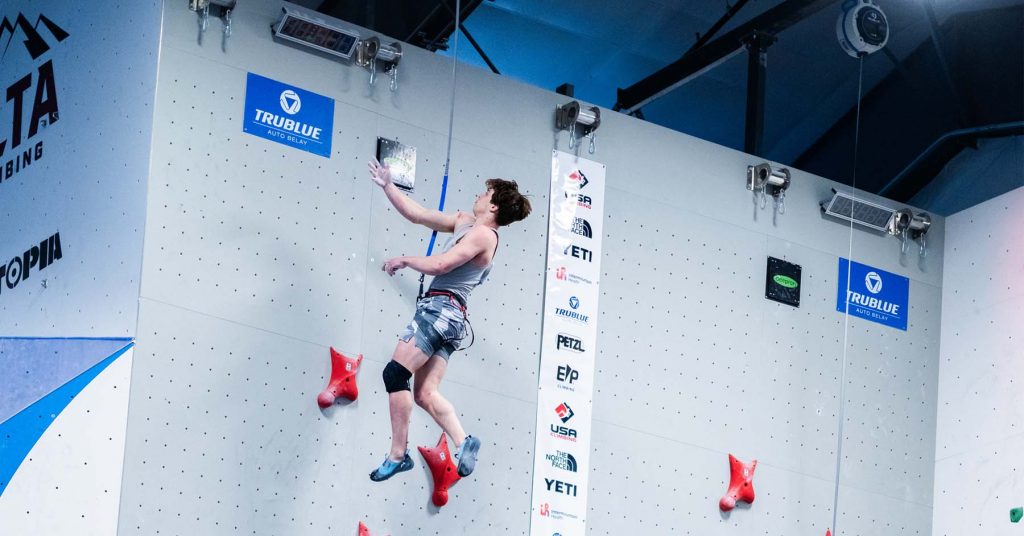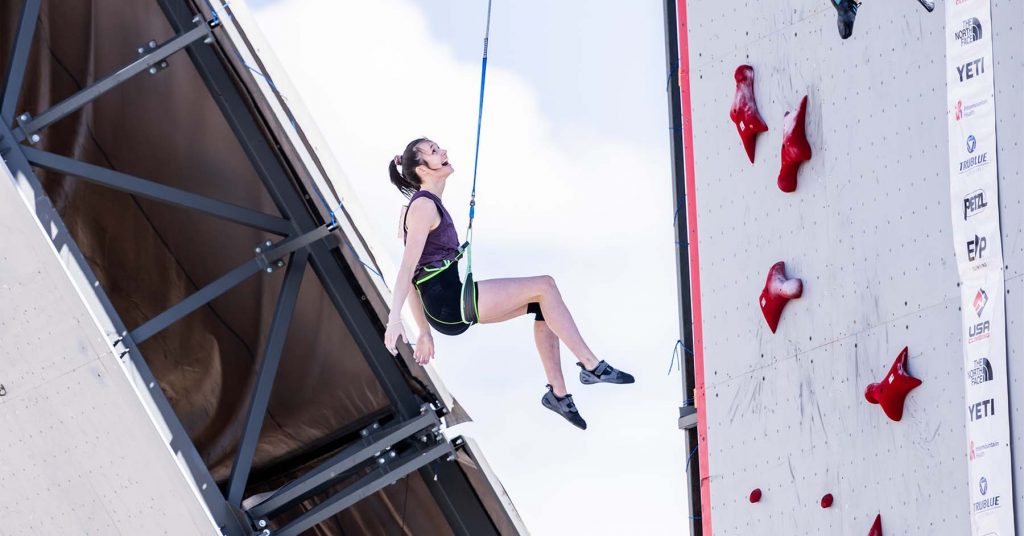A climbing wall has the potential to bring value to any campus rec center that wants to extend its communal support to those who enjoy the sport of climbing. As the popularity of climbing grows across the nation, facilities hosting climbing walls should take advantage of the era by providing better and more accessible equipment. There are multiple ways to enhance the features of a climbing wall that help attract new climbers and keep seasoned athletes coming back for more. Campus rec centers can take the climbing wall to the next level by following these three simple steps recommended by experts at TRUBLUE auto belays:
Step #1: Add Auto Belays
Campus rec centers can make the sport of climbing more accessible with the addition of auto belays on the climbing wall. What is an auto belay? These nifty devices take out the need for a human belayer by offering an automatic belay system that controls the safety rope’s slack while a climber ascends on the wall.
Auto belays have a list of benefits for both campus rec centers and climbers that easily exemplify their necessity on the wall. Recent research shows that more than fifty percent of universities and colleges who adapted their climbing walls with auto belays saw a growth in membership and participation numbers. Climbers can get the most out of each session with the enhanced safety and individual development focus of auto belays.
Step #2: Change Routes Often
Auto belays are not the only answer to improving a climbing wall. While auto belays move climbers on and off of the wall more quickly and efficiently, maintaining fresh routes are what keep students returning time and time again for new progressive challenges at their campus rec center. Staff managing climbing walls should change routes with the needs of the wall and its users in mind. Continuously rotating routes keeps participants stimulated and involved in new educational experiences. Once a climber gets hooked on solving a route, it is hard to leave the problem unsolved with the knowledge that the route will only exist for a short period. Changing routes can provoke the feeling of scarcity, which may motivate individuals to spend more time to climbing.
When it comes to setting routes with auto belays, campus rec centers should set a good distribution of grades and style of climbs, ranging from beginner to advanced. Quality auto belays like TRUBLUE’s are engineered for dynamic loading, which means climbers can end a route to the side of the auto belay and take a small fall to lower down. Staff setting routes should take note of this feature and consider how far a climber will swing if they fall off the route. For more info, check out TRUBLUE’s Route Setting for Auto Belays guide.
Step #3: Train (and Pay) Staff Well
A highly educated, involved and appreciated staff can enhance student experiences at a campus rec center. Trained staff and rock climbing instructors better deliver effective teaching methods and lower the risk of injury. The University of North Carolina at Chapel Hill hires staff directly from the climbing community, which makes training those without climbing experience a smoother task at their campus rec center.



Leave a Reply